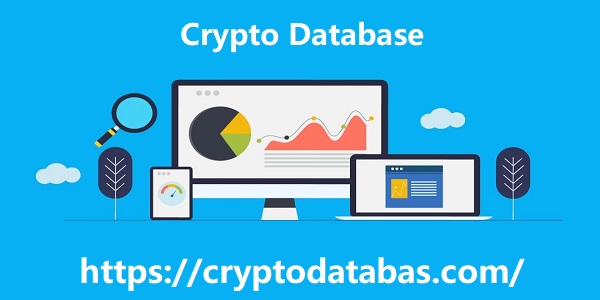Post by account_disabled on Mar 13, 2024 3:24:13 GMT -5
You've probably heard the phrase “Attracting a new customer is 5 times more expensive than keeping a customer you already have” said by the famous North American marketing consultant Philip Kotler. But do you know why this happens? This phrase is related to the fact that when we do not have a well-established commercial routine or perform inefficient information management, it is very difficult to fulfill the task of keeping our customers loyal and satisfied while also focusing on cost reduction. Added to this, we cannot stop looking for new customers, after all, we want our customer base to grow and sales targets to be met. When we talk about consultative sales, the task of attracting and keeping a customer is generally arduous, as the sales volume is smaller and the sales time is longer.
For these consultative sales, a strong ally are the tools responsible for managing customer relationships ( the famous CRMs ), capable of centralizing information and providing relevant data when putting together strategies and processes. Unlike other business models, industries typically work with high-volume production and sales. So, how can an industry have a customer relationship Crypto Database strategy in its commercial operation? What is the role of a CRM in an industry? If you thought that spreadsheets could do this relationship management, believe me: you weren't the only one. Spreadsheets are incredible, but when we talk about industries, they are more of a hindrance than a help. This happens for two reasons: they are extremely vulnerable to human errors and they are very limited when we talk about automation.

Normally, we waste so much time feeding spreadsheets, creating reports and finding mistakes that we have made, that we are unable to focus on what really matters: the customer! Spreadsheets don't warn you that a customer hasn't been active for months, they don't show you a complete customer history in a practical way and they don't help you study your numbers quickly enough so that you can take effective action before the month ends. Therefore, we need to have metrics for industries and work with them efficiently. Have you ever heard of KPIs? KPIs are the main indicators in a sales process, such as average sales cycle, conversion rate and CAC. Normally, if we manage to work well with our KPIs, we can achieve the planned results at the end of the month, making our process increasingly defined and robust. For this reason, CRMs have become indispensable in industries that value their reputation and want to sell more and more, losing fewer and fewer customers.
For these consultative sales, a strong ally are the tools responsible for managing customer relationships ( the famous CRMs ), capable of centralizing information and providing relevant data when putting together strategies and processes. Unlike other business models, industries typically work with high-volume production and sales. So, how can an industry have a customer relationship Crypto Database strategy in its commercial operation? What is the role of a CRM in an industry? If you thought that spreadsheets could do this relationship management, believe me: you weren't the only one. Spreadsheets are incredible, but when we talk about industries, they are more of a hindrance than a help. This happens for two reasons: they are extremely vulnerable to human errors and they are very limited when we talk about automation.

Normally, we waste so much time feeding spreadsheets, creating reports and finding mistakes that we have made, that we are unable to focus on what really matters: the customer! Spreadsheets don't warn you that a customer hasn't been active for months, they don't show you a complete customer history in a practical way and they don't help you study your numbers quickly enough so that you can take effective action before the month ends. Therefore, we need to have metrics for industries and work with them efficiently. Have you ever heard of KPIs? KPIs are the main indicators in a sales process, such as average sales cycle, conversion rate and CAC. Normally, if we manage to work well with our KPIs, we can achieve the planned results at the end of the month, making our process increasingly defined and robust. For this reason, CRMs have become indispensable in industries that value their reputation and want to sell more and more, losing fewer and fewer customers.
